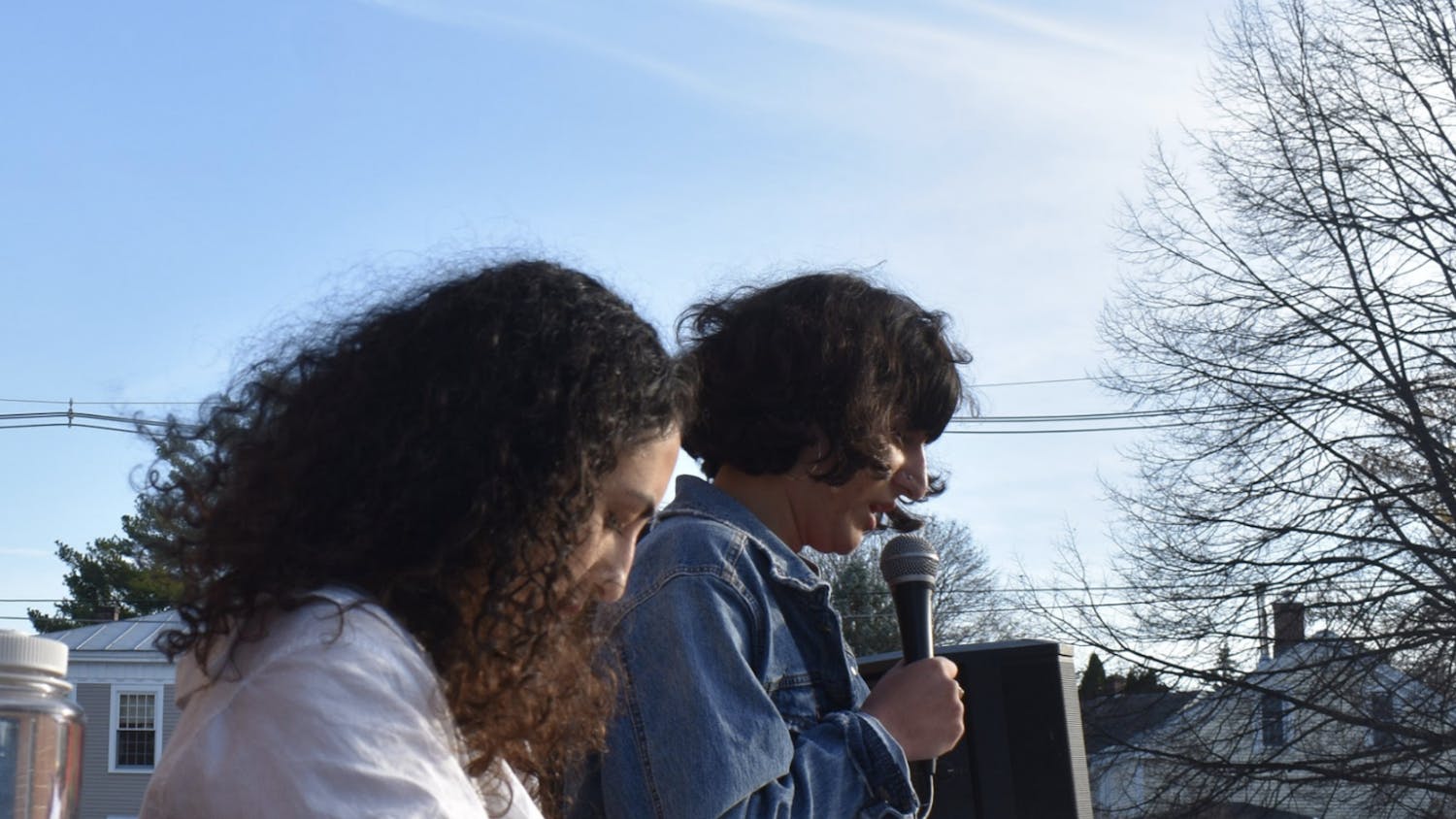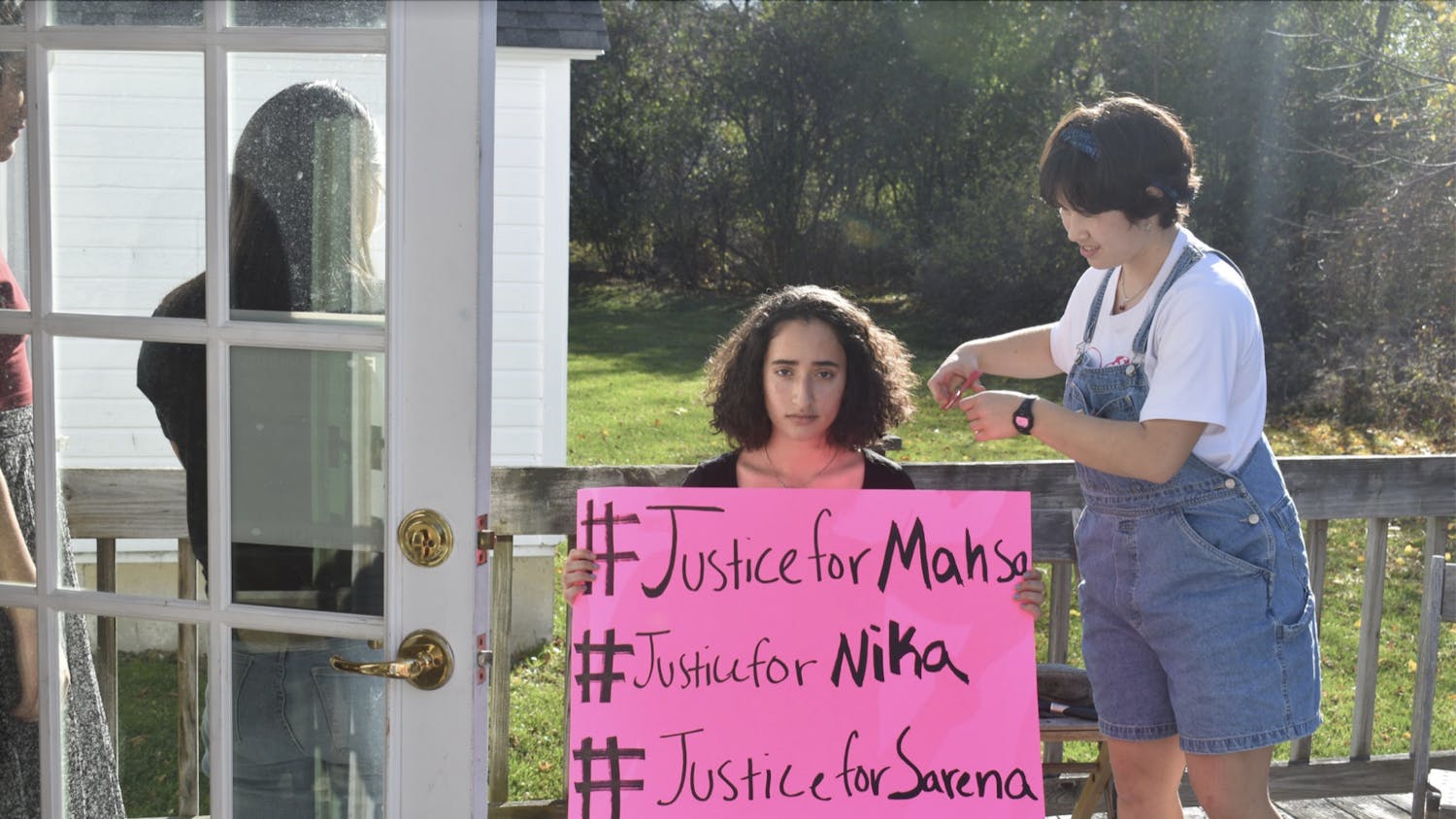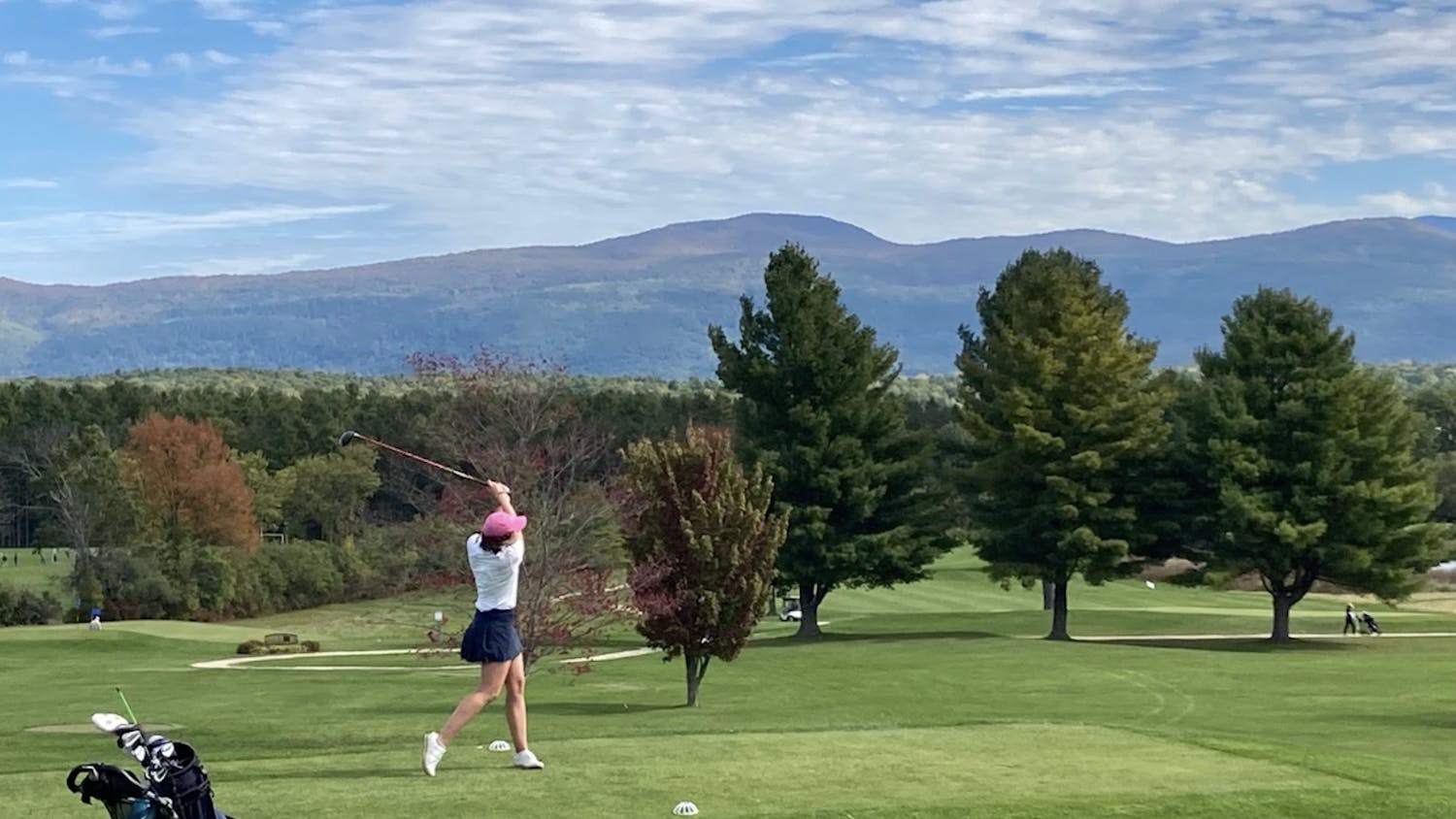August 17, 2021. A hot day, after a long night of sleeplessness. I’m in a crowd of hundreds of people. My father leaves my sisters and me at the first checkpoint: Abbey Gate in Kabul, Afghanistan.
Freedom’s door, I thought, but I had no idea what that meant nor what it would look like, covered like me in a black veil, a black scarf and a black mask.
A few days before, I went shopping with a friend at one of our old bookstores on the streets of Kartai-Char and visited Rumi’s dedicated art shop, which would soon be shut down by the Taliban. I ended up buying a long, beautiful black dress. Later that week, I wore it at a birthday party in a restaurant built in one of the old houses of Kabul. My family and I sat outside and the evening, like many other summer evenings in Kabul, seemed promising. The moon, so bright and so distant, warned of the long and dark nights to come.
On that roasting summer day, though, with the sounds of gunshots and cries of thirsty babies ringing out, I only thought of my black veil. That same beautiful black dress I bought a few days ago. Before that day, I had worn it by choice for its style and beauty. Today, it was a symbol of repression and vulnerability. On the second day of the Taliban’s dominance over the country, as the second sex, I had to cover my entire body and avoid eye contact with Talib men. The militant group, ignorant of basic human rights, perceive women as a shame and dishonor, needing to be controlled by male family members. By the third day of Taliban control, I was able to flee the country, but millions of other women were not as privileged as I was.
Afghanistan, for as long as I can remember, has been “the worst country to be a woman,” according to the Georgetown Institute of Women, Peace and Security. It is never easy to live in a society where the culture and religion are all turned against women. My body was always the object of discussion and judgment; there was no escape from the male gaze. Every single man on the streets had the power to control and question my clothing. Still, I was privileged. I was able to attend school and dream of a better future, yet millions of other Afghan girls could not. For more than a year, the school doors have been closed to girls who are silently fighting for their basic human rights to education, free movement and work.
I come from a distant village in Badakhshan, a province in the north of Afghanistan. With a group of cousins, I grew up hiking in its green mountains and climbing in its apple trees. Swimming in its small, flooded river during the spring season was my favorite. That group of cousins is now separated today. Some of us were lucky enough to end up in foreign countries like the U.S., but one of us lost his life on the front lines fighting the Taliban, and the rest are in Afghanistan. My female cousins are at home, excluded from school — silent and forgotten. For years I was questioning the concept of war and why my people, my own uncles and my cousin were a part of the misery. Now I know it is simple: The privilege I had since childhood, that freedom, was what they were fighting for. Today, life is dark and silent for so many.
Today marks 425 days since the Taliban takeover, and girls are still unable to attend school in Afghanistan. It is a catastrophe that should never have reached these numbers. The Taliban have dehumanized women and taken their basic rights from them. While I am being challenged every day with a new task and can grow from my failures and successes by attending college in the U.S., girls in Afghanistan still have no choice but to stay home. Under an oppressive regime, their creativity and potential for growth have been eliminated.
The reality of this tragedy is what I carry with me everyday. I might not notice it in my daily life, but, deep down, it's there when I want to grieve and find meaning. Some days I encounter it as a vision, a perspective on how I perceive and see the world. I find grounding in this vision, a home and centering focus that compels me to do better.
Many might ask, “So what does it mean to do better given all the privileges you have now?” It could mean so many things: understanding the notion of conflict and gender aparthied and why the women of my country have always been a target of both extremist and liberal agendas. It also means working hard for me and millions of other girls who would never experience what it meant to be hopeful and empowered.




